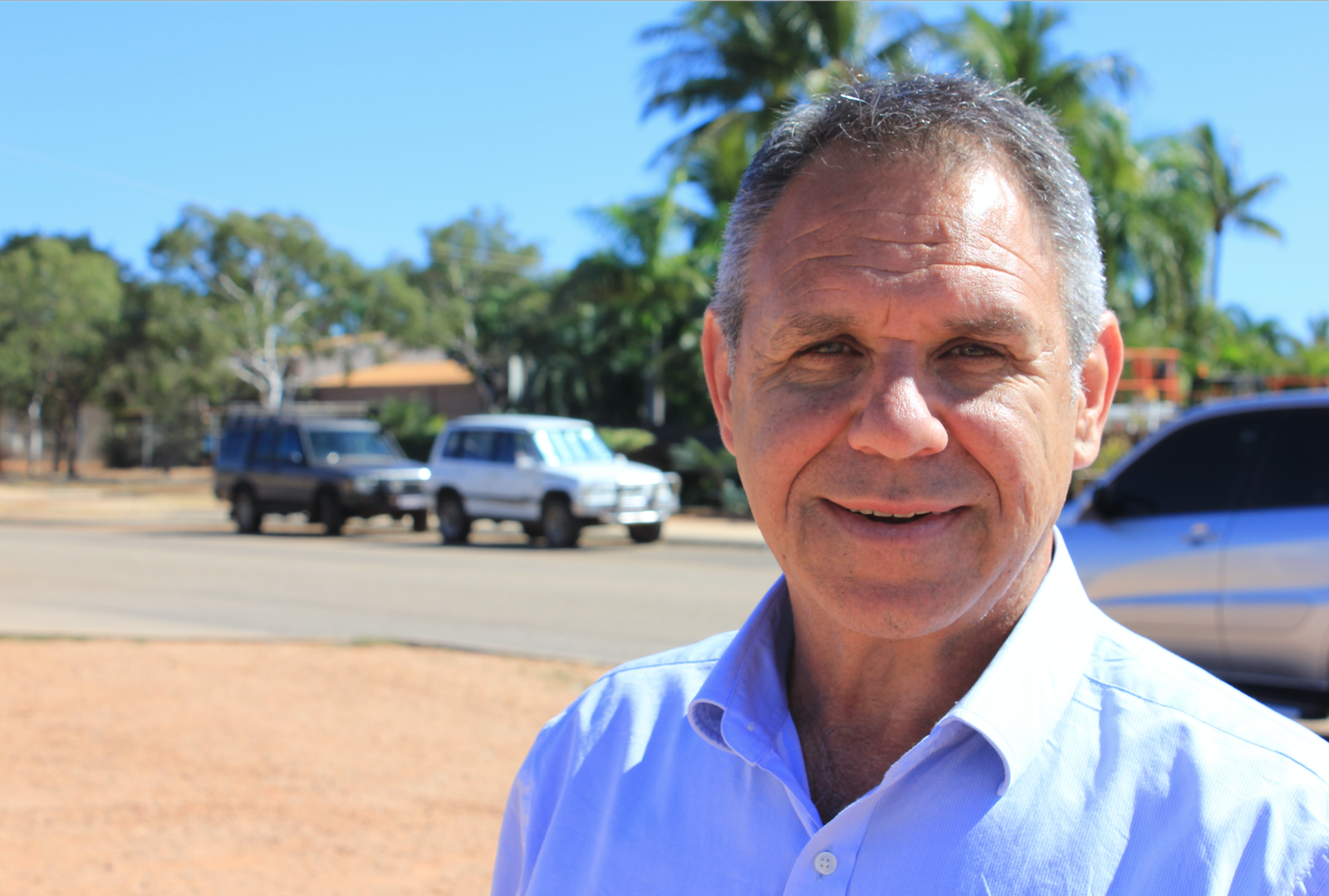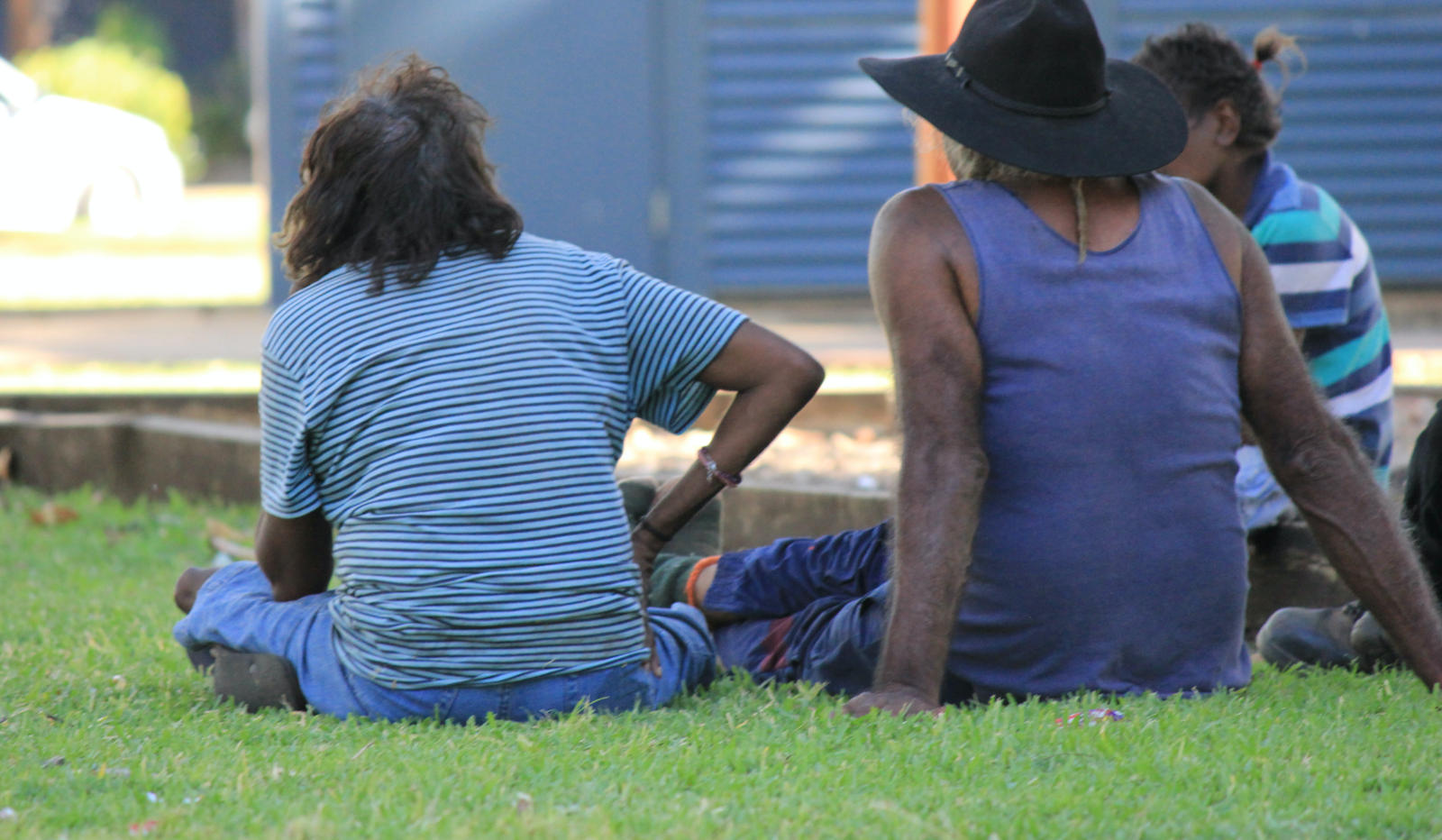Australia's leading Aboriginal and Torres Strait Islander sexual health expert has warned of an increase in HIV cases in the Indigenous community after funding for sexual health programs in New South Wales was cut.

James Ward, Australia's top Indigenous infectious disease expert, has predicted an increase in rates of sexually transmitted infections, hepatitis and HIV within the NSW Aboriginal community following funding cuts to sexual health prevention programs run by the Aboriginal Health and Medical Research Council (AHMRC).
Without more funding the AHMRC will have to stop running sexual health programs across the state and may have to fire several staff members after funding from the federal and state governments expired in June.
"Those jobs cuts come at the most vulnerable time for [the Indigenous] community. We’ve got evidence of rates of sexually transmitted infections increasing, in particular in NSW. We’ve also got our highest ever rates of HIV notifications occurring in our community and the potential for that to increase is at an all-time high," Ward told BuzzFeed News.
"It’s inevitable we will see an increase in STIs and blood-borne viruses such as HIV in the Aboriginal and Torres Strait community."

The NSW ministry of health was given $2.3 million by the Commonwealth government in 2015 to fund a range of Aboriginal sexual health and blood borne virus programs in NSW through 15 Aboriginal community controlled health services and the AHMRC.
Sandra Bailey, the AHMRC CEO, said in a statement she was under the impression that the NSW department of health would then fund the service, and claims she was only told two days before the federal funding expired on June 30 that there would be no new money.
"AHMRC signed a partnership agreement with the NSW government through the health portfolio, and the approach taken by the ministry of health in this matter undermines the sector's trust and confidence in the partnership," Bailey said.
"Given the weight of evidence and the on-paper commitment of state and federal governments to improving Aboriginal health, it is difficult to understand the rationale for withdrawal of this meagre investment."

In a statement to BuzzFeed News, the NSW department of health said that HIV prevention within the Aboriginal community was a top priority.
"NSW Health remains strongly committed to working with the Aboriginal Community Controlled Health Services sector and will continue the investment of $225,000 to support transition arrangements for each of the of the affected Aboriginal Medical Services,” the statement reads.
Last week, doctors in Cairns raised concerns over a spike in HIV cases among Indigenous community members, with nine new positive diagnoses this year alone.
This happened in the same week that Australian medical experts said AIDS was no longer a public health issue.
Ward, who led the “Goanna study”, an extensive report on Aboriginal Torres Strait Islander young people and their sexual health, points to Cairns as a grim glimpse of an unfolding crisis within the Indigenous community.
"While we are doing great efforts to get no new infections in non-Aboriginal people across Australia, our Aboriginal population is still the most vulnerable, because we are not accessing the services or medications as readily," Ward said.
"This is a real story of inequity, while it’s a great story of moving toward ending HIV is Australia, it is also a story of how a portion of the population, Aboriginal people, are more likely to have increasing rates of HIV."
